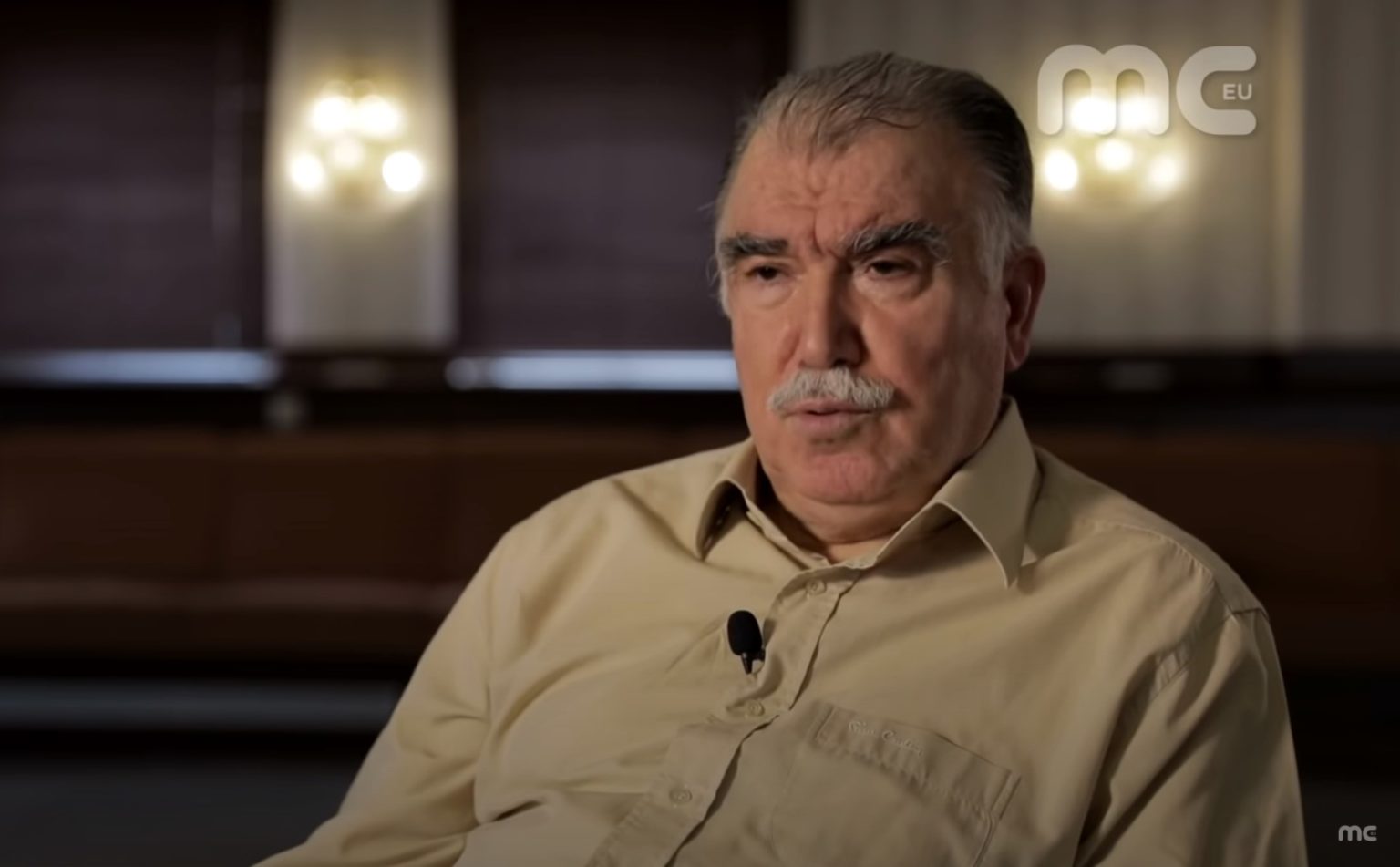Germany in 2019 rejected Turkey’s request to hand over a writer critical of the government of President Recep Tayyip Erdoğan, according to an official communiqué obtained by the Nordic Monitor news website.
Abdullah Aymaz, a German national of Turkish origin and the author of multiple books, was the subject of an extradition request on fabricated criminal charges submitted by the Turkish government, notorious for jailing dissident journalists, authors and academics in Turkey.
The document signed by Murat Karagöz on behalf of the justice minister on January 10, 2020 stated that the German Foreign Ministry had rejected the Turkish government’s request to extradite Aymaz to Turkey. The refusal was communicated to the Justice Ministry by the Turkish Foreign Ministry on August 26, 2020 in a letter which stated that Aymaz is a German citizen and that the extradition request would not be approved.
The German Foreign Ministry’s notice was communicated to its Turkish counterpart on July 24, 2019.
The 76-year-old author is affiliated with the Gülen movement, a group that is critical of President Erdoğan on a range of issues including pervasive corruption in the government and Turkey’s aiding and abetting of armed jihadist groups.
Aymaz has been living in Germany for years and had been a regular contributor as a columnist to the now-defunct Zaman daily, at one time Turkey’s most highly circulated newspaper that was seized by the government in March 2016 and shut down in July 2016.
He appears as a commentator on MC EU television, licensed in Germany’s Hesse state and available on satellite and the Internet. The station is run by journalists who were formerly affiliated with Samanyolu TV, one of the major networks in Turkey before it was shuttered by the government in 2016.
Turkish prosecutors in Ankara and Konya provinces sought the extradition of Aymaz from Germany in February 2017 and asked the interior and foreign ministries to ensure that would happen.
A secret document obtained by Nordic Monitor shows that Aymaz was also investigated in Denizli province where Turkish prosecutor Ugur Özbek asked for an examination of Aymaz’s social media accounts such as Twitter, Facebook and others. Aymaz, described as a journalist by the prosecutor, faced a separate criminal investigation.
Nordic Monitor previously published an article which revealed how Germany notified Turkey that it would not even consider handing over exiled critics who face aggravated life sentences in Turkey and rejected an extradition request submitted by the Turkish Embassy in Berlin with no action.
Referring to German Constitutional Court rulings in 2010 and 2011, the ministry underlined that “in such cases, the approval of the extradition request would not comply with the minimum standards of international law applicable in Germany and the basic principles of [German] constitutional law.”
Aggravated life imprisonment, which replaced the death penalty in 2004, is the harshest sentence under Turkish criminal law. It means severe restrictions on inmates, solitary confinement and no early parole, which violates the European Convention on Human Rights, to which Turkey is a party. The Erdoğan government often sentences its critics to aggravated life in order to sustain its intimidation campaign against opponents, critics and dissidents.
The German government’s response was delivered after Turkey had filed an extradition request for Suat Yıldırım, an 80-year-old Turkish professor who has authored numerous books on Islam and criticized Turkey’s Religious Affairs Directorate (Diyanet). The academic is also associated with President Erdoğan’s most outspoken critic, Fethullah Gülen, and his movement.
Germany is one of the top destinations in Europe for members of the Gülen movement who have sought political asylum since 2014, when the group was the subject of a crackdown under the Erdoğan government. The movement’s leader, living in self-exile in the US since 1999, has been an outspoken critic of the Erdoğan government.
Over half a million Gülenists faced legal action, most in the form of detention and imprisonment on dubious charges, in Turkey when the government blatantly abused the criminal justice system to stifle dissent and muzzle critical voices. Thousands of institutions including schools, universities, foundations, businesses and hospitals were summarily shut down by decrees issued by President Erdoğan in 2016, and their assets were seized by the government.
Human rights groups documented systematic and nationwide torture and ill-treatment in detention centers and prisons in Turkey, while enforced disappearances by elements of the Turkish police and intelligence agency have been on the rise in recent years.
Almost all European countries at one time or another have balked at Turkey’s politically motivated extradition requests for Gülenists, and INTERPOL repeatedly warned the Erdoğan government against abusing law enforcement cooperation mechanisms that were designed to combat real criminals after Turkey attempted to flood the INTERPOL system with fraudulent filings.



